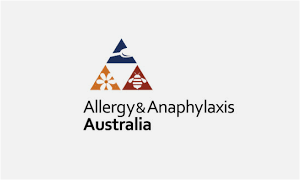Anaphylaxis is both preventable and treatable.
Knowing your triggers and avoiding them is the best way to help prevent an anaphylactic event.1,6
A referral to a clinical immunology or allergy specialist will help you to identify your triggers and learn the best ways to avoid them and prevent anaphylaxis.1
However, no matter how careful you are, accidental exposure to a trigger can happen. That’s why it’s so important to be prepared.




















